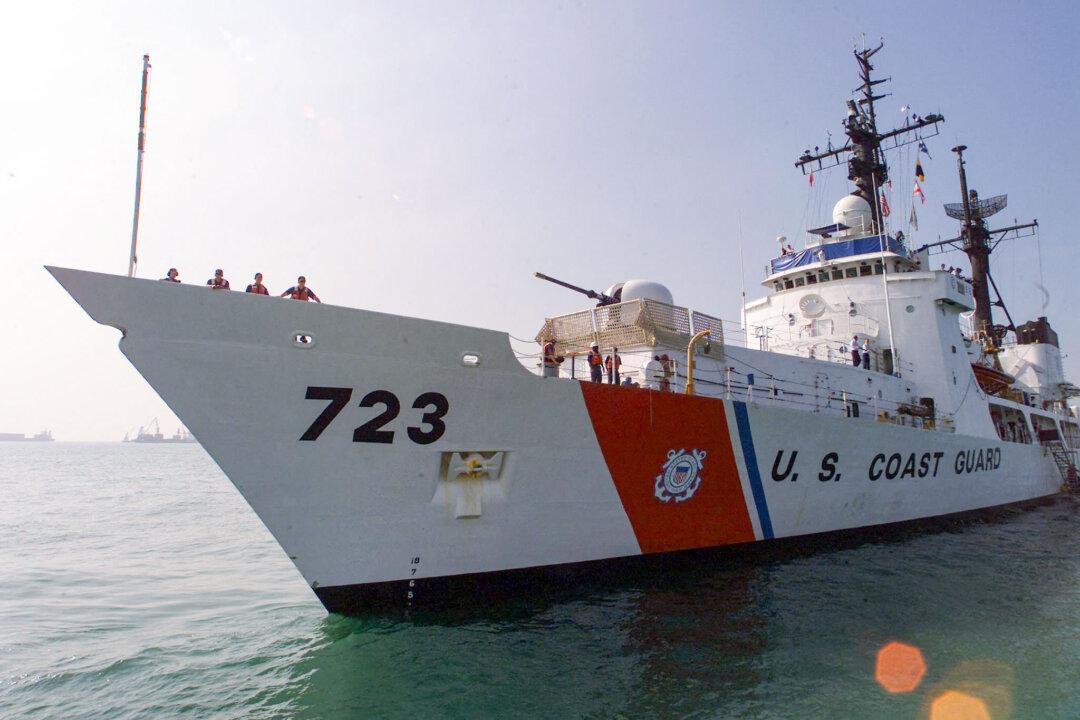The U.S. Coast Guard said that it intends to send specialized forces, training teams, and other capacity-building assets to help Indo-Pacific allies bolster their ability to safeguard exclusive economic zones and protect their natural resources from exploitation, according to the Coast Guard 2024 operational posture report released on Oct. 25.
The report states that the region remains “a top regional priority” for the United States, citing its geostrategic importance, vital role in global trade, and the need to ensure “a free, open, and rules-based maritime order.”





